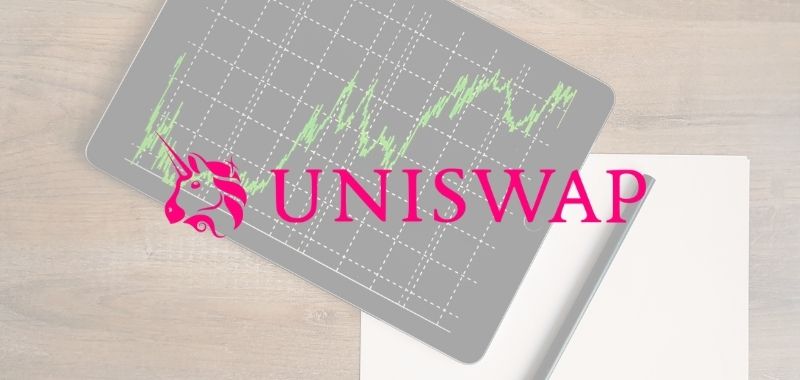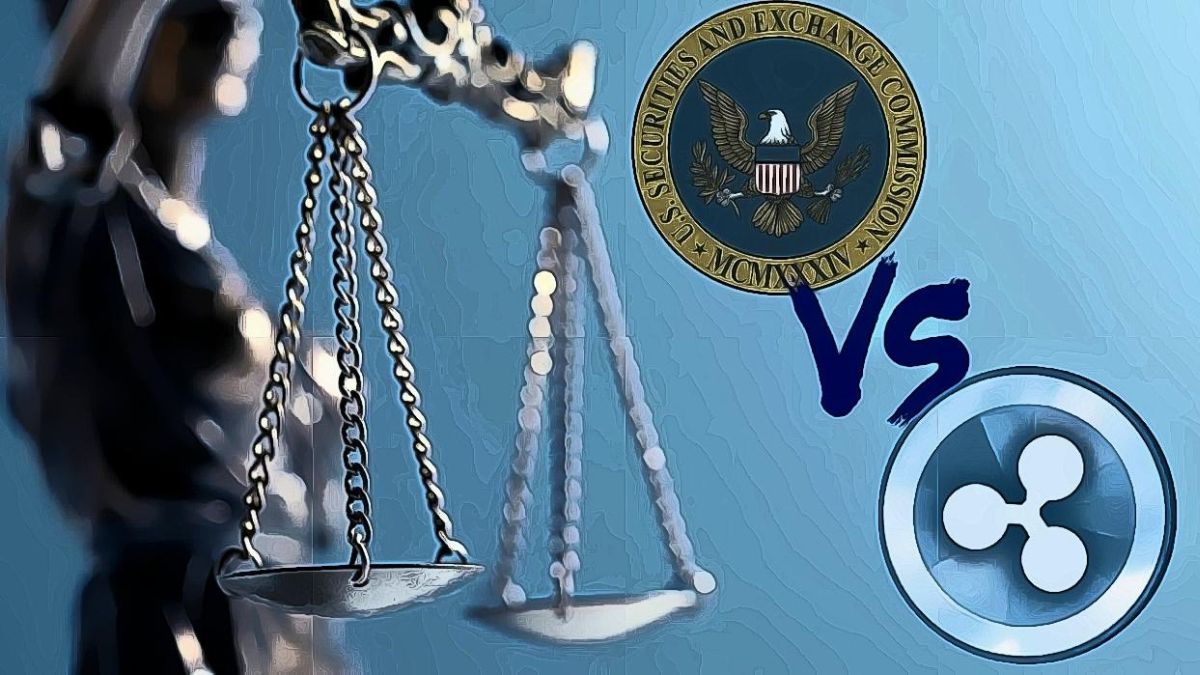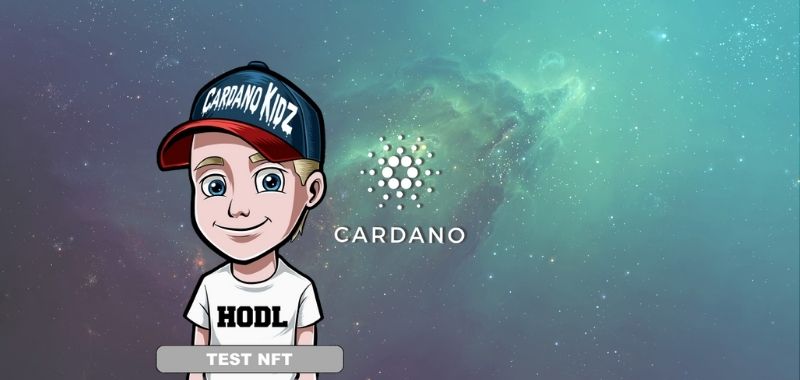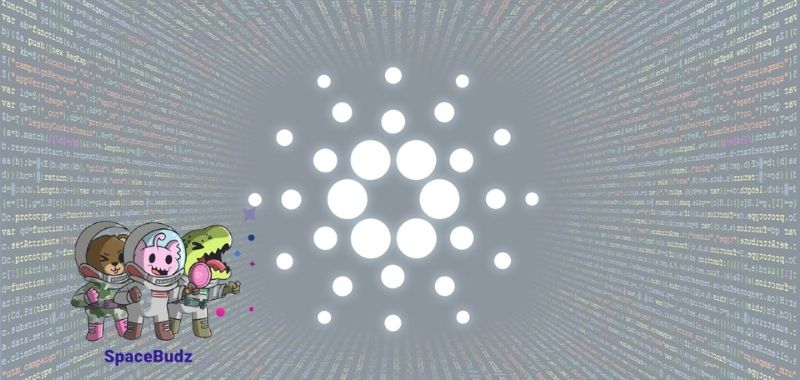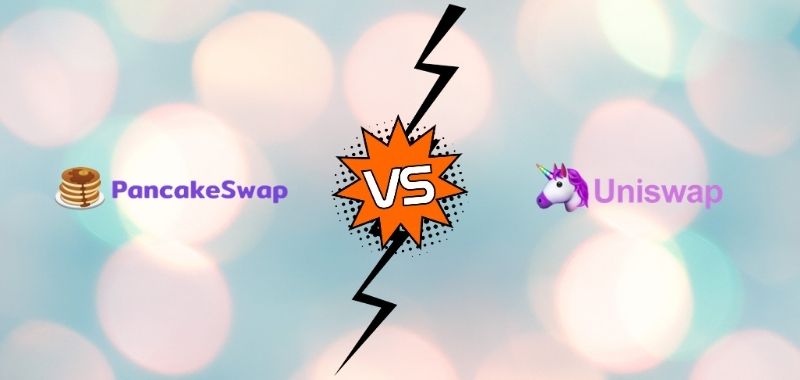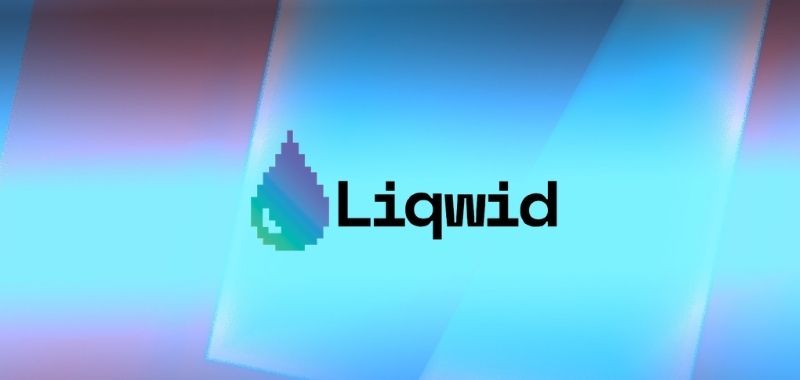DeFi News
The launch of staking calculator is an important step for the Orion Protocol as the launch of the mainnet approaches

The Orion Protocol is a decentralized finance (DeFi) platform aiming to give users solutions on the most advanced liquidity aggregator ever developed.
Just a month before the mainnet staking platform’s expected launch, the Orion team has announced the release of a much-awaited staking calculator. The new tool allows ORN holders to calculate expected rewards hinging on Daily Protocol Volume, the amount of staked ORN, and the token’s price.
The calculator represents another component of the robust Orion Terminal, the flagship project for the Orion Team. Terminal users gain access to the entire cryptocurrency market as the platform aggregates every CEX, DEX, and swap pool liquidity. Traders maintain the ability to harness the entire cryptocurrency market without giving over private keys.
Traders on the Orion Terminal can access liquidity from major exchanges like Binance, Bitmax, and KuCoin. The terminal’s breadth is so robust that users from areas often restricted from trading on certain exchanges (such as the United States) can access any exchange’s liquidity through the platform.
Orion Protocol’s rapid rise to DeFi prominence
Founders Alexy Koloskov, former Chief Architect of the Waves DEX, and Kai Ali started Orion Protocol in 2018 after relying on family, friends, and their savings to accrue $300,000. Their work paid off as a June 2020 private sale raised $3,410,000 alone.
Now in 2021, the team prepares for the launch of the protocol’s mainnet staking infrastructure. The first phase of the Orion Terminal launched in December 2020 after a closed group of brokers rigorously tested the Terminal. Future features to be implemented besides ORN staking include “lending, margin trading, leveraged ETFs, derivatives, contract trading, NFTs, and staking of any digital asset type”.
The Orion team has also launched more than a dozen liquidity solutions built on the protocol and has onboarded a Liquidity Boost Plugin (Polkastarter), an Oracle solution (Chainlink), and Launchpad Liquidity Solution (Poolz, DuckDAO). In a February 19th news release, the Orion team noted the partnership with DuckDAO would help “incubated projects raise funds on the launchpad platform, and list on their own Swap immediately afterwards”.
DuckDAO will also take advantage of Orion infrastructure to streamline its launchpad process through the development of DuckSwap. Additional protocol components include the Orion Enterprise Trade Widget, the Orion Wallet SDK, and Orion Oracle.
Ushering in what might be DeFi’s most profitable staking?
The Orion Protocol differs from other aggregators and exchanges by how it calculates Daily Protocol Volume. The figure includes volume from the Orion Terminal and twelve other DeFi solutions, meaning ORN holders could reap large staking rewards from just B2B products.
Users of the newly-released staking calculator can determine rewards based on a number of scenarios, including if they amassed a similar daily volume as SushiSwap. As of late February 2021, a similar volume would yield an APY of more than 300% for ORN token holders. ORN is capped at 100 m, and efforts remain in place to remove tokens from circulation.
Those who run the Orion Broker Software (either those with exchange accounts or brokers themselves) are chosen to execute trades based on the amount of staked ORN, collecting a portion of fees from each trade.
Fees are shared with ‘Non-Broker Stakers’ who vote and ‘choose’ brokers by staking ORN. The system encourages brokers to offer attractive rates. The entire system of brokers and stakers operates on Orion’s proprietary Delegated Proof of Broker governance mechanism.
A gateway to CEX and DEX liquidity
Solutions built on the Orion Protocol aim to address issues related to liquidity, accessibility, and scalability. Belief is a goal of fostering collaboration between centralized and decentralized platforms will lead to hybrid non-custodial solutions that can benefit users in and outside the cryptocurrency market.
DeFi News
UK updates its tax policies on DeFI and Staking loans

The UK’s tax authority, Majesty’s Revenue and Customs (HMRC), released an update to its guidance on Wednesday, reported Bloomberg.
The new policy provides a series of “guiding principles” that act as general guidance in determining whether DeFi-related return or participation should be classified as income or capital gain.
How loan returns or staking is taxed depends on whether it is considered capital or income, however determining this can be a complex task. In the post, the HMRC admitted about this difficulty:
Token lending/staking via Decentralized Finance (DeFi) is a constantly evolving area, so it is not possible to establish all the circumstances in which a lender/liquidity provider makes a return on their activities and the nature of that performance. Instead, some guiding principles are established.
New policy to tax DeFi and staking
The latest guide sets out four distinct points designed to make it easier for people to determine the nature of their tax. Firstly, if the return received by the lender or liquidity provider is known “at the time the agreement is made”. If known, it would indicate a revenue receipt, but if unknown, it would indicate a capital receipt.
Second, if the return is realized through the disposal of a capital asset, it qualifies as capital. Conversely, if the borrower, or the DeFi lending platform, pays the yield to the lender/liquidity provider, the yield should be classified as income.
Third, the regulator indicated that lump-sum payments are “more likely” to qualify as principal; while recurring payments are “more likely” to be in the nature of revenue. Finally, the HMRC mentions the loan period as another variable that determines the nature of the repayment, everything will depend on whether it is “fixed or indefinite, short or long term”, he said.
The document presents some examples of how users can determine the nature of their loan return or participation. For example, if the return amount has already been agreed upon, say 5% per annum, it will most likely be a revenue receipt, the regulator said. On the other hand, if the income is “unknown and speculative”, it is probably a capital receipt.
As CoinDesk noted, the new policy is an update to previous guidance that had been published by HMRC in March 2021. According to that document, taxation of staking trades depended on whether the activity amounted to “taxable trading.” The wording closely resembled the established rules for taxing cryptocurrency mining, the outlet adds.
DeFi News
New SEC Definition Includes DeFi Exchanges

The US Securities and Exchange Commission (SEC) is interested in the fact that the definition of a stock market would now be much broader, also encompassing systems that allow buyers and sellers to communicate their interest in trading this type of asset, which which would include decentralized exchanges (DEX) such as Uniswap, PancakeSwap and many others for bringing together this type of people interested in trading digital currencies.
The measure would require platforms that meet these characteristics to register with the US Securities and Exchange Commission as securities brokers, and since decentralized exchanges would not be able to meet the demands required by this type of license, this could imply the imminent cessation of its operations throughout the United States.
More delicate than it seems
Some analysts and enthusiasts express concern about the possible repercussions this could have for the sectors associated with digital currencies.
In this regard, the DeFi sector enthusiast, Gabriel Shapiro, presented an even more delicate panorama for this type of exchange, since such a definition could also address even block explorers, such as Etherscan, precisely because they allow users to users interact with smart contracts to communicate business interests.
In this sense, it highlights that all this can be interpreted as a restriction on freedom of expression, for which it would be completely unconstitutional.
From a regulatory point of view, the SEC commissioner, Hester Peirce, also expressed her concerns and echoed some aspects mentioned above, placing special emphasis on the broad and diffuse nature of the changes proposed by the entity, which even go far beyond the scope and jurisdiction of the regulatory body.
On the other hand, Peirce criticized the fact that the interested community has very little time to read, understand and consider the proposal, which is not consistent with the implications it could have, since it would be making changes to an ecosystem that moves thousands of million dollars, which it could harm in unforeseen ways.
DeFi News
Uniswap exceeds US$500 billion in traded volume since its launch
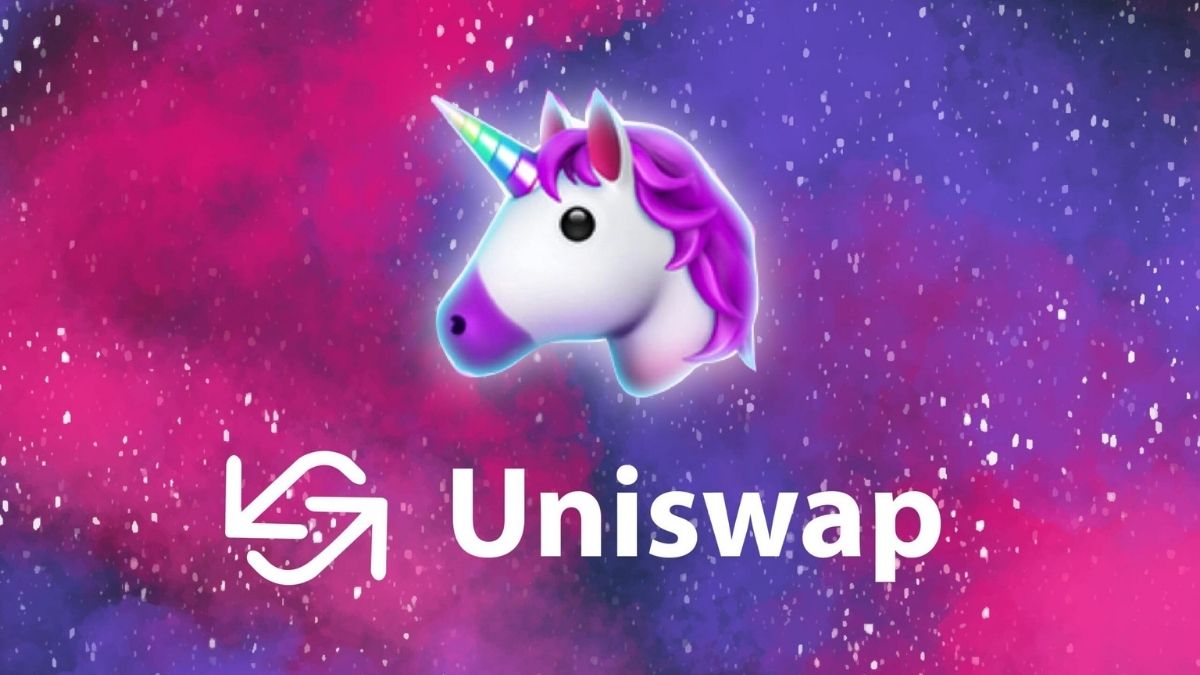
One of the best-known decentralized exchanges in the cryptocurrency market has just passed the US$500 billion transacted mark.
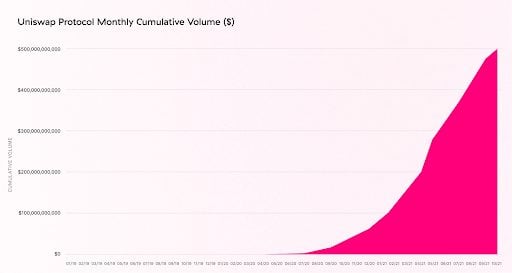
“We’re proud of the magnitude of this number, but we’re even happier knowing that millions of users have had direct access to markets they could trust were operating in their best interest.” – stated Uniswap Labs on Twitter.
About 2 billion of this volume was thanks to two scalability solutions integrated into the project:
“⚡️ $2 billion of this volume was contributed by @arbitrum and @optimismPBC deployments, which are starting to see significant traction!” – said Uniswap Labs.
Uniswap was created in November 2018, but it was conceived in 2016 by Vitalik Buterin (creator of Ethereum). With support from the Ethereum Foundation, programmer Hayden Adams made the idea come true.
Since then, the broker has not stopped growing and its UNI token is already worth 14.35 billion dollars.
With Uniswap, anyone can be an arbitrator between tokens using the blockchain, which narrows the price gap in small markets and gives incentives to balance asset prices using blockchain and centralized brokerages.
Currently, UNI is traded in several brokers in EEUU and around the world, such as Coinbase, Bitfinex and Binance US.
“We are so grateful to be together on this journey with our incredible community, and we can’t wait to hit the $1tn mark.”
-
Opinion2 years ago
XRP: FOX Business Senior Correspondent Says SEC Is Losing Its Lawsuit Against Ripple
-
Tutorials3 years ago
How to Earn, Farm and Stake CAKE on PancakeSwap with Trust Wallet
-
Altcoins News3 years ago
Projects with ongoing migration from Ethereum to Cardano
-
NFT3 years ago
CardanoKidz: The first NFTs arrive at Cardano
-
Tutorials3 years ago
How to set up a Bitcoin node: beginner’s guide
-
NFT3 years ago
SpaceBudz: new astronaut NFTs on Cardano
-
DeFi News3 years ago
Uniswap vs PancakeSwap: Full analysis
-
DeFi News3 years ago
Liqwid Finance the first DeFi project on Cardano: everything you need to know



